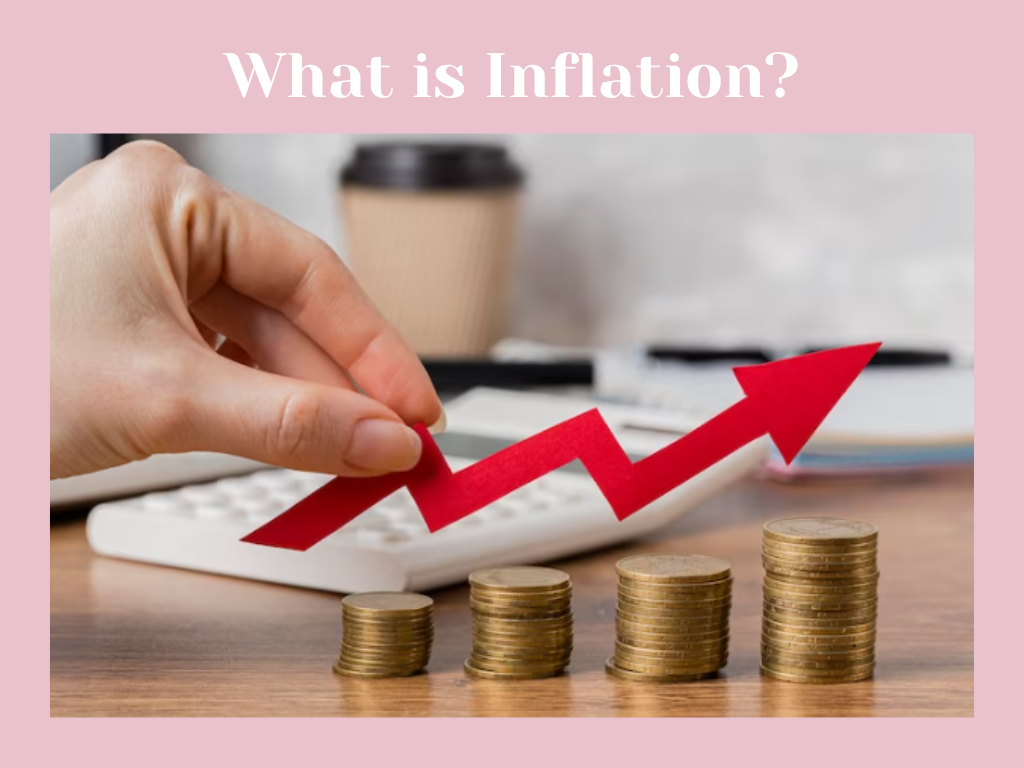What is Inflation?
Inflation is a general increase in the prices of goods and services in an economy over time. This means that the purchasing power of the currency in the economy decreases, and it takes more money to purchase the same amount of goods and services. In other words, inflation means that the cost of living increases.
Inflation is usually measured using an index called the Consumer Price Index (CPI), which tracks the prices of a basket of goods and services typically consumed by households. The CPI measures the change in the price of this basket over time and expresses it as a percentage.
There are several causes of inflation, including an increase in the money supply, higher production costs, and increased demand for goods and services. When the economy is growing and demand for goods and services increases, the supply of goods may not be able to keep up, which can lead to price increases. Similarly, when production costs increase, such as when the cost of raw materials or labor increases, producers may raise prices to maintain their profit margins.
Inflation can have both positive and negative effects on the economy. On the one hand, moderate inflation can encourage spending and investment and can make it easier for borrowers to repay their debts. On the other hand, high inflation can erode the value of savings, reduce consumer confidence, and make it more difficult for businesses to plan for the future. Therefore, maintaining a stable level of inflation is an important goal for policymakers.


